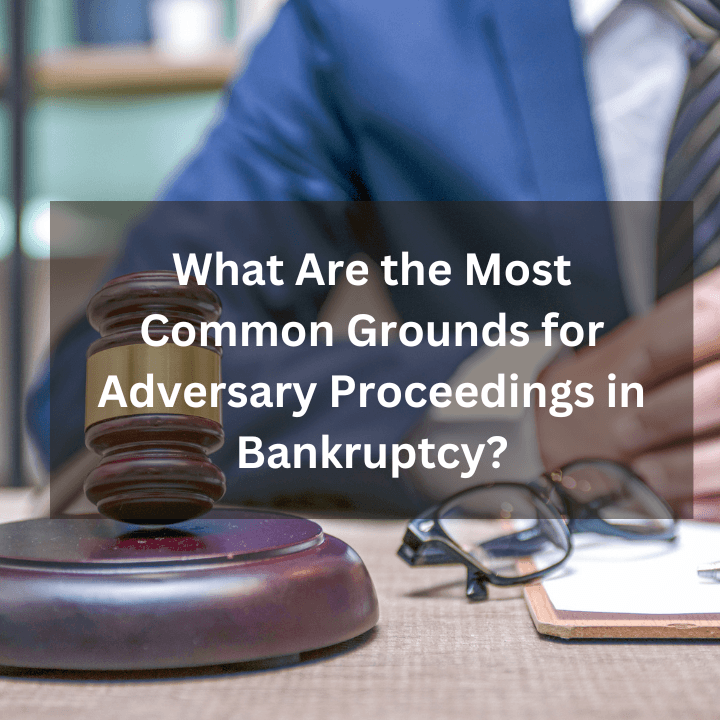
Bankruptcy proceedings serve as a legal mechanism for debtors to obtain relief from overwhelming financial obligations, allowing them to reorganize their debts or liquidate their assets for the benefit of creditors. Ideally, a bankruptcy case proceeds without contention, but when disagreements arise, the bankruptcy code provides a forum for resolving them, known as an adversary proceeding.
An adversary proceeding is a case within a case. Similar to a lawsuit, one party files a complaint alleging grounds for relief and the other party files a response. An adversary proceeding involves discovery, settlement negotiations and, if no settlement is reached, a trial before the same judge who is assigned the bankruptcy case.
Adversary proceedings can address a number of issues that can determine the outcome of the bankruptcy case. The following are common types:
- Objections to discharge — Not all debtors are entitled to a discharge. The U.S. Trustee, an official appointed by the Department of Justice, can initiate proceedings to prevent a debtor’s discharge based on misconduct. This may include false statements on the bankruptcy petition, noncompliance with court orders or bad faith actions by the debtor.
- Objections to dischargeability of specific debts — Creditors can initiate adversary proceedings to argue that certain debts should not be wiped out in bankruptcy, such as student loans, fraudulently obtained loans or debts arising from intentional harm.
- Setting aside fraudulent transfers — To protect the interests of creditors, bankruptcy law allows the U.S. Trustee or a creditor to bring an adversary proceeding to avoid fraudulent transfers the debtor made before filing for bankruptcy. Such transfers may include gifts or sales of assets at below-market value to family or friends.
- Avoiding preferential transfers — Certain payments or transfers made by the debtor to creditors shortly before filing for bankruptcy may be considered preferential and, therefore, subject to avoidance. The U.S. Trustee has the authority to initiate proceedings to recover such transfers and distribute the proceeds equitably among all creditors.
- Debtor-initiated proceedings — Although most adversary proceedings are commenced by creditors or the U.S. Trustee, debtors themselves may initiate proceedings under specific circumstances. They may sue creditors for illegal collection practices, challenge unfair or unsupportable claims or seek enforcement of an order for discharge of a debt. An adversary proceeding may allege that a creditor violated the automatic stay prohibiting collection efforts after the bankruptcy is filed.
Not all contested issues in a bankruptcy case need an adversary proceeding to resolve. A judge can resolve certain matters in response to a motion by the trustee or by an interested party, especially if there are no material facts in dispute.
Jeff Field & Associates represents clients throughout Georgia in bankruptcy matters, including adversary proceedings. We have offices in Scottdale, Gainesville, Marietta, Lawrenceville, Douglasville and Athens. To schedule an appointment, call us at 404-381-1278 or contact us online.
Please fill out the form below and one of our attorneys will contact you.





